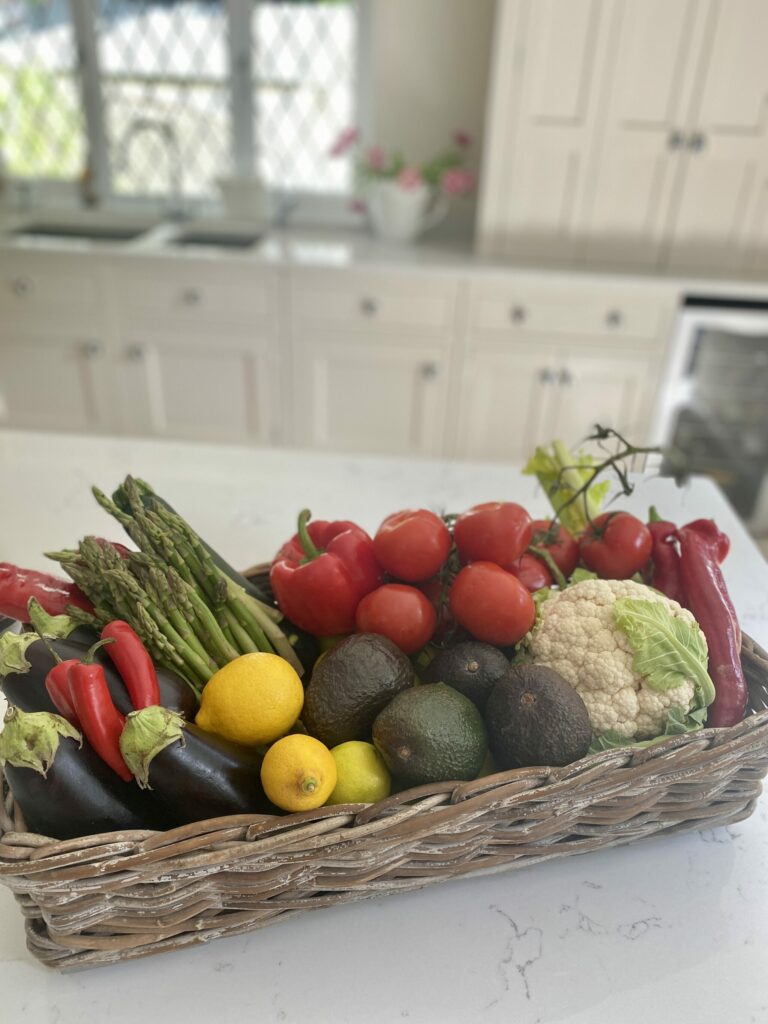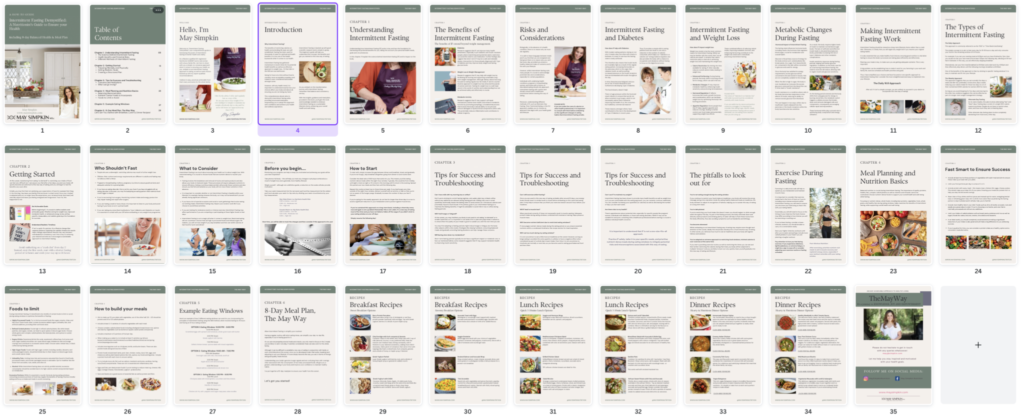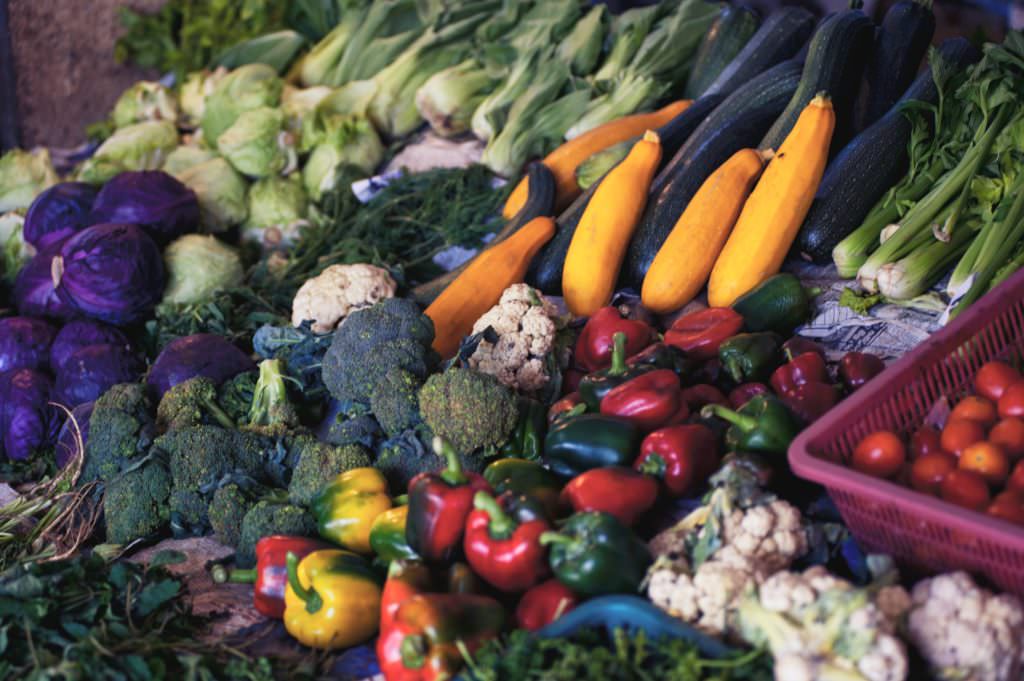
We all have our go-to meals, those quick, easy, and familiar dishes that we can whip up without much thought. While there’s comfort in routine, relying on the same meals every day could mean you’re missing out on essential nutrients and limiting the diversity of the beneficial nutrients your body needs. Here’s why varying your meals is key to your optimal health and how you can easily start adding more variety to your diet.
Why Food Variety Matters
Eating a wide range of foods ensures you get a broader spectrum of vitamins, minerals, antioxidants and other essential nutrients. Each food provides a unique combination of these nutrients and by consuming a variety, you reduce the risk of deficiencies while supporting overall well-being.
No single food contains everything your body needs. For example, leafy greens are rich in vitamin K and folate, while nuts and seeds provide healthy fats and magnesium. By mixing up your meals, you ensure that you’re nourishing your body with a wider range of nutrients in the most balanced way possible.
-
Improved Gut Health
Your gut microbiome thrives on diversity and different foods contain different fibre and compounds that feed beneficial gut bacteria. A varied diet helps promote a healthy microbiome and this in turn, helps to improve digestion and support your immunity and even mood regulation.
-
Reduced Risk of Food Sensitivities
Repeatedly consuming the same foods may increase your risk of developing sensitivities over time. Rotating food choices can help minimise this risk and support a more resilient digestive system.
-
Enhanced Antioxidant and Phytonutrient Intake
Different fruits and vegetables provide different antioxidants and plant compounds that fight inflammation and support long-term health. A ‘rainbow diet’, where you aim to eat a variety of colourful fruits and vegetables, helps ensure you’re getting a full range of these protective compounds.
Vary your Foods to Vary your Nutrients!
How to avoid eating the same meals every day
If you’ve found yourself eating the same meals on repeat, here are some simple ways to break the cycle:
- Rotate Your Protein Sources
Instead of always reaching for chicken or salmon, try incorporating lentils, tofu, eggs, or different types of fish. - Experiment with Different Vegetables
If spinach is your go-to, swap it for kale, Swiss chard, or rocket. Try making a different vegetable the hero of your meal, for example, courgettes. Each offers a different nutrient profile. - Try New Whole Grains
Quinoa, buckwheat, rice and legumes like lentils and chickpeas can be great alternatives to rice and pasta. - Switch Up Your Healthy Fats
Avocados, nuts, seeds, olive oil, and oily fish all provide healthy fats but offer different nutrients. - Incorporate Seasonal Foods – my favourite approach!
Eating with the seasons naturally encourages variety and provides fresher, more nutrient-dense options. Quite often, seasonal fruits and vegetables are on big displays when you enter the supermarket and maybe even cheaper or with special offers. By opting these as the seasons change, you’ll inadvertently rotate your choices…and therefore your nutrients.

Switch your protein

Try using Courgettes as your main vegetable
Here’s how to get started to avoid eating the same meals every day!
Breaking food habits and expanding your meal choices doesn’t have to be overwhelming. Start by making small changes, swap one ingredient in a favourite meal, try a new recipe each week or simply add an extra vegetable to your plate. Your body will thank you with improved digestion, better energy levels, and long-term health benefits.
Need inspiration for adding more variety to your diet?
Join me at my next health retreat at Chateau de la Vigne in the Loire Valley France, where we explore nutrient-dense meals, mindful eating and balanced living in a truly immersive way! You’ll leave inspired, brimming with ideas to make it easy to avoid eating the same meals every day!








0 Comments